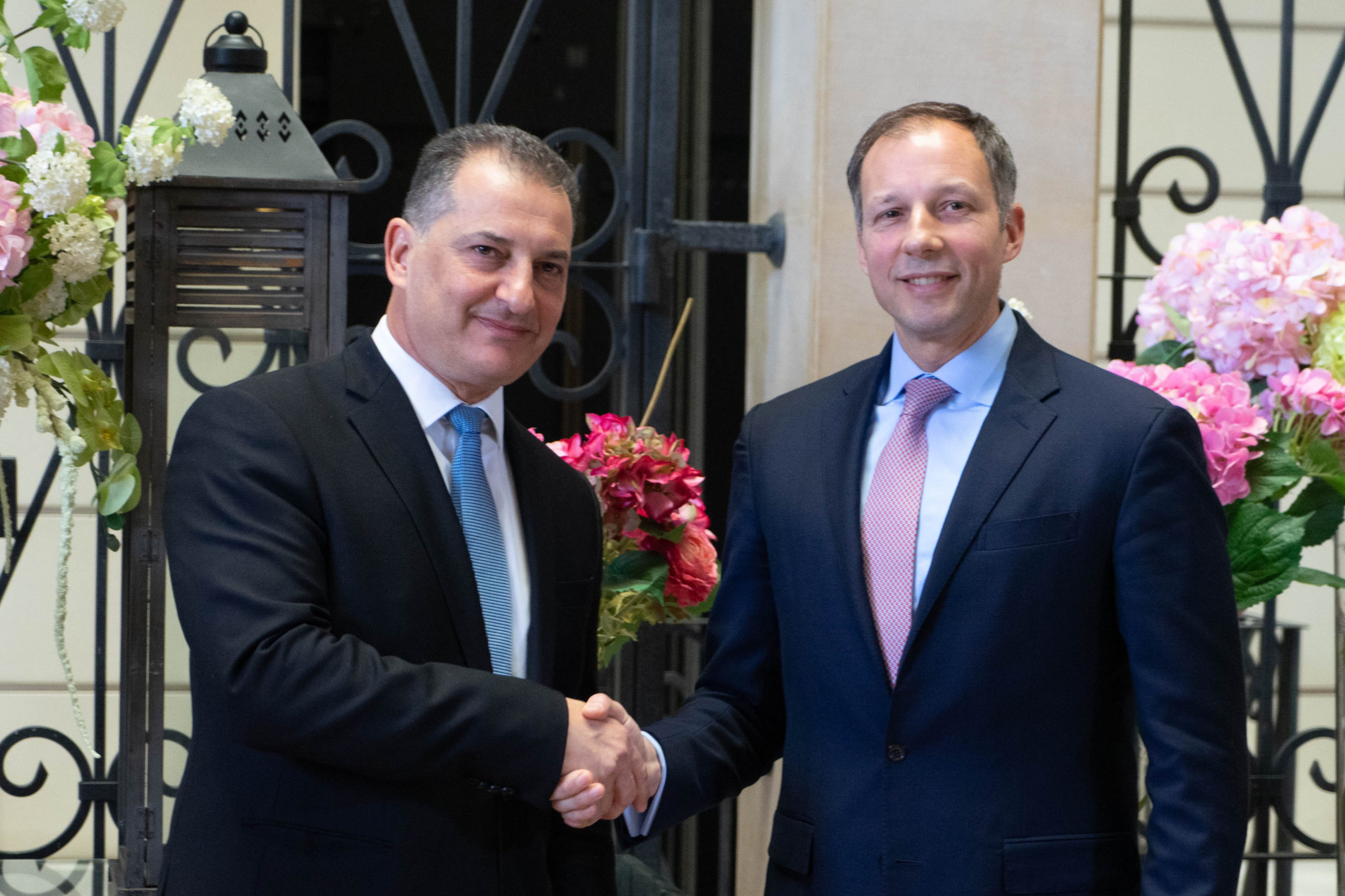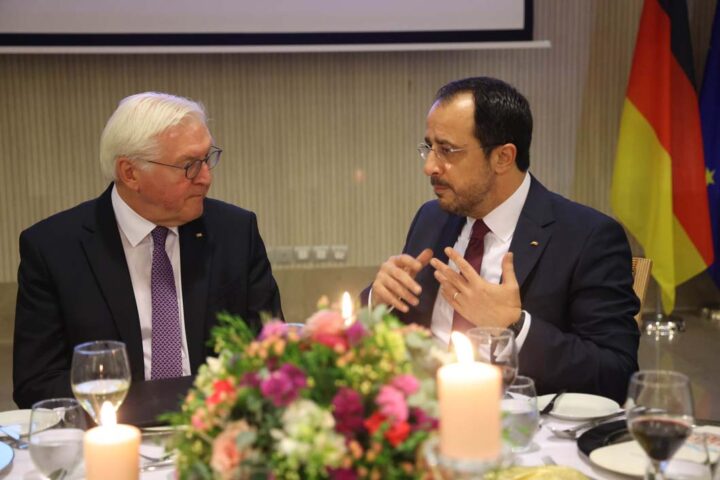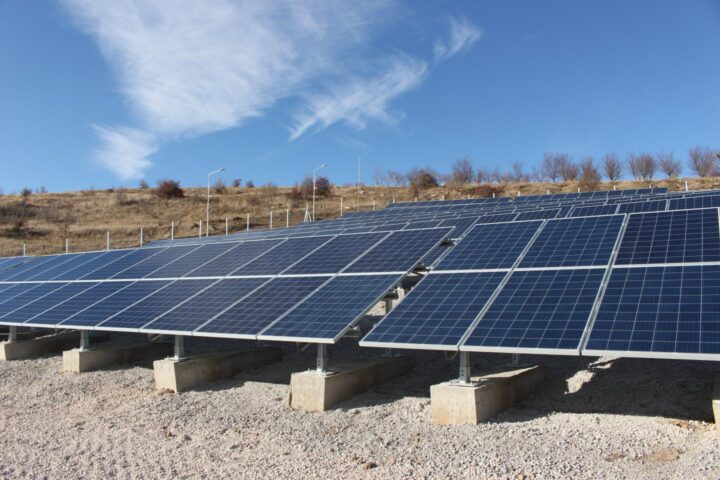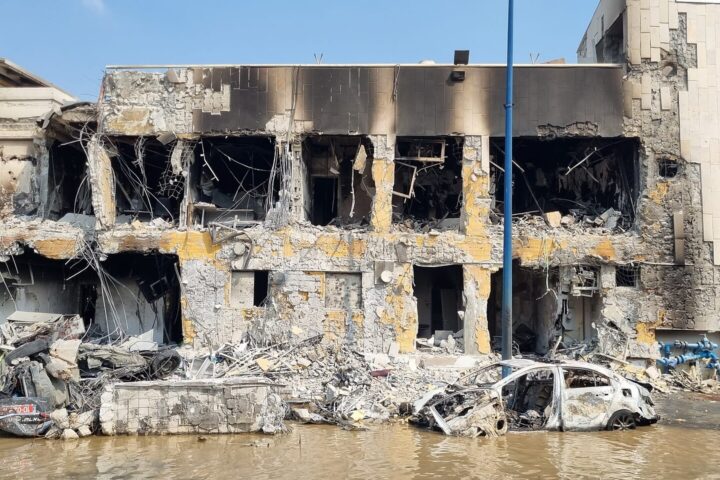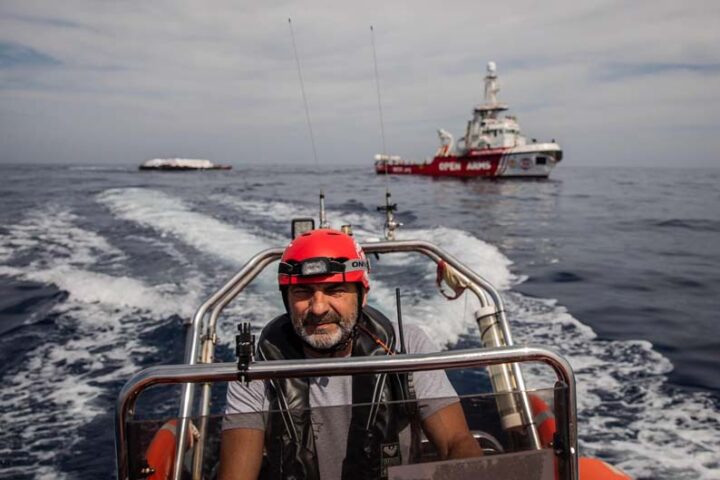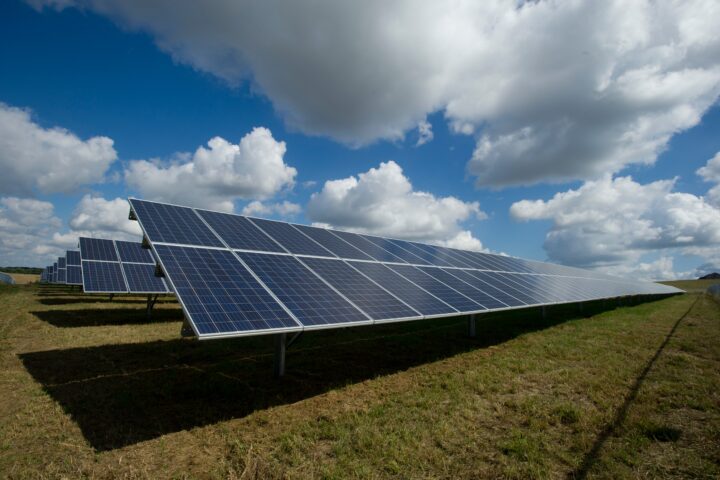News of the anticipated departure of Energy Minister George Lakkotrypis did not come as a shock, considering one of the longest-serving members of the Anastasiades administration had expressed his willingness to step down last year.
At the time, the president went ahead with a mini reshuffle of little substance, that disappointed calls for more women in his administration, disenfranchising the female electorate, who have yet to vote with their feet.
That is probably why the ruling party and the pro-government media are circulating rumours of a female substitute at the Ministry of Energy, testing the waters to see how the public would respond.
But this is not a cabinet post to be taken lightly, nor for the president to appoint people he owes favours to, instead of focusing on the right person for the job.
Lakkotrypis, an experienced manager from his IBM and Microsoft days, nor his predecessor, Neoklis Sylikiotis, had the know-how when they were sworn in about oil and gas, renewables, and sustainable energy.
Nor were they aware of matters of security of supply, electricity transmission or even the impact from and on climate change.
However, they were very quick to learn on the job and handled their portfolios very well.
Lakkotrypis was widely expected to resign soon after next week’s visit to Israel, which has since been postponed, thus allowing the president more time to find a suitor for the job.
This also allows the incumbent to walk his successor through the intricacies of the exploration plans by ExxonMobil, Total, Eni and Noble/Shell, and other energy projects that remain open, such as the EastMed gas pipeline and the EuroAsia Interconnector.
On the agenda of Netanyahu-Anastasiades talks would have been defence cooperation, restarting tourism exchanges and crucial negotiations on cross-border revenue sharing from the Aphrodite gas field in the Cyprus EEZ and the deposits in the adjacent Yishai field within the Levantine basin.
This requires delicate handling, good management skills and even a no-nonsense attitude to ensure Cyprus’ interests are protected.
With Turkey breathing down our neck and disputing with every possible means maritime borders and the sovereignty of the Republic of Cyprus, the EastMed gas pipeline has been targeted by Ankara.
It demands firm political and other support from partners Israel and Greece.
At the same time, implementation of the EuroAsia Interconnector, the EU-supported electricity project that will end the energy isolation of Cyprus, suffered a two-year setback when the Tsipras and Mitsotakis administrations shanghaied the Crete-Attica section of the cable to give it to Chinese investors while exposing Crete that still relies on unstable and inefficient power stations.
The new Energy Minister must be dynamic, firm on Cyprus’ positions and not willing to become anyone’s or any nation’s lackey.
Since independence, this ministry has morphed into probably the most important government department, and in the year when the Republic celebrates its 60th anniversary, energy independence, too, must be a top national priority.

